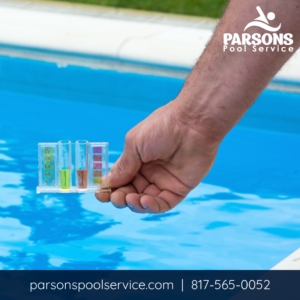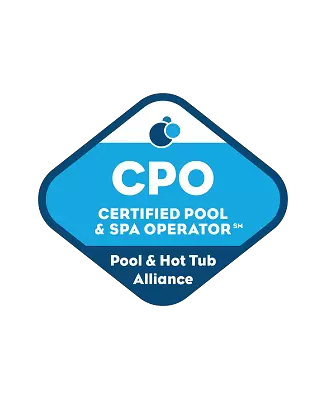Sanitary Pool – Make sure it is safe
Swimming is a great way to stay active and have fun, but it’s important to make sure the pool you’re swimming in is clean and safe. There are a few things you can do to ensure your pool is sanitary. You want to make sure the water is safe and clean for everyone to enjoy.
What does Sanitary pool mean?
In this case of this writing, a sanitary pool is a pool that has been treated with chemicals to kill bacteria and other microorganisms.
What is the difference between a sanitary pool and a swimming pool?
In the case of this writing, nothing, all swimming pools should be a sanitary pool. According to the Pool & Hot Tub Alliance, in their Pool & Spa Operator Handbook. “About one-forth of the disease outbreaks are due to germs that are easily killed by chlorine or other disinfectants. In many instances, no disinfectant (like chlorine) was present to protect the users. This shows that many pools are being inadequately treated and reinforces the need for educated pool operators in the field.”
How do I get a Sanitary Pool?
The best way to do this is to test the water regularly with a reliable test kit. This way you can make sure the pH, chlorine, alkalinity, and stabilizer levels are balanced. By doing this, you will ensure that your pool is always ready for a swim. In most professionals opinion, the best test kit is the Taylor K-2005C.
If you are in the Parker County area and need chemicals, we can help. See our chemical delivery options.
Another important thing you can do is to make sure that everyone who uses the pool showers before getting in. This will remove any dirt or debris that they may be carrying on their body. You should also provide plenty of clean towels for everyone to use.
It is also important to keep the pool itself clean. You should brush and vacuum the entire pool on a regular basis. This will remove any dirt, leaves, or other debris that has fallen into the pool. You should also check the pH level of the water and adjust it as needed.
Chlorine keeps the pool sanitary
The ideal chlorine level to keep your pool sanitary is 1-3 ppm. Most people will use a chlorine shock treatment at least once per week to keep the water clean and sanitary. When you’re doing a pool treatment, follow the instructions by the manufacture. This will ensure that you’re doing it correctly, and that your pool stays sanitary.
If you are in the Parker County area and need chemicals, we can help. See our chemical delivery options.
The best way to keep the water from turning green is to have the correct amount of the correct chemicals in the water.
It sounds hard, and it can be. It is chemistry after all. But with proper testing, and proper treatments a sanitary pool can be achieved by spending a 10-15 minutes per week. This does not count the time to clean the pool, which you will also want to do regularly. The cleaner the pool is, the better the chlorine can do its job.
The dangers of swimming in contaminated water
Swimming in contaminated water can be extremely dangerous and can lead to many different health problems. Some of the dangers include coming into contact with harmful bacteria and viruses, which can cause infections and illnesses. There is also the risk of coming into contact with parasites and other harmful microorganisms. This can cause skin diseases and infections. It can also lead to ear, eye, nose or throat infections. Diarrhea is another common illness that could occur.
Other dangers include ingesting contaminated water, which can sometimes be more dangerous than touching it. You’re risking your life every time you swim in contaminated water. You can find more info from the CDC website.
Conclusion
Your pool is a great place to cool off and have some fun, but you need to make sure it is a sanitary environment. By following the tips in this article, you can be sure that your pool is a safe place for everyone.












